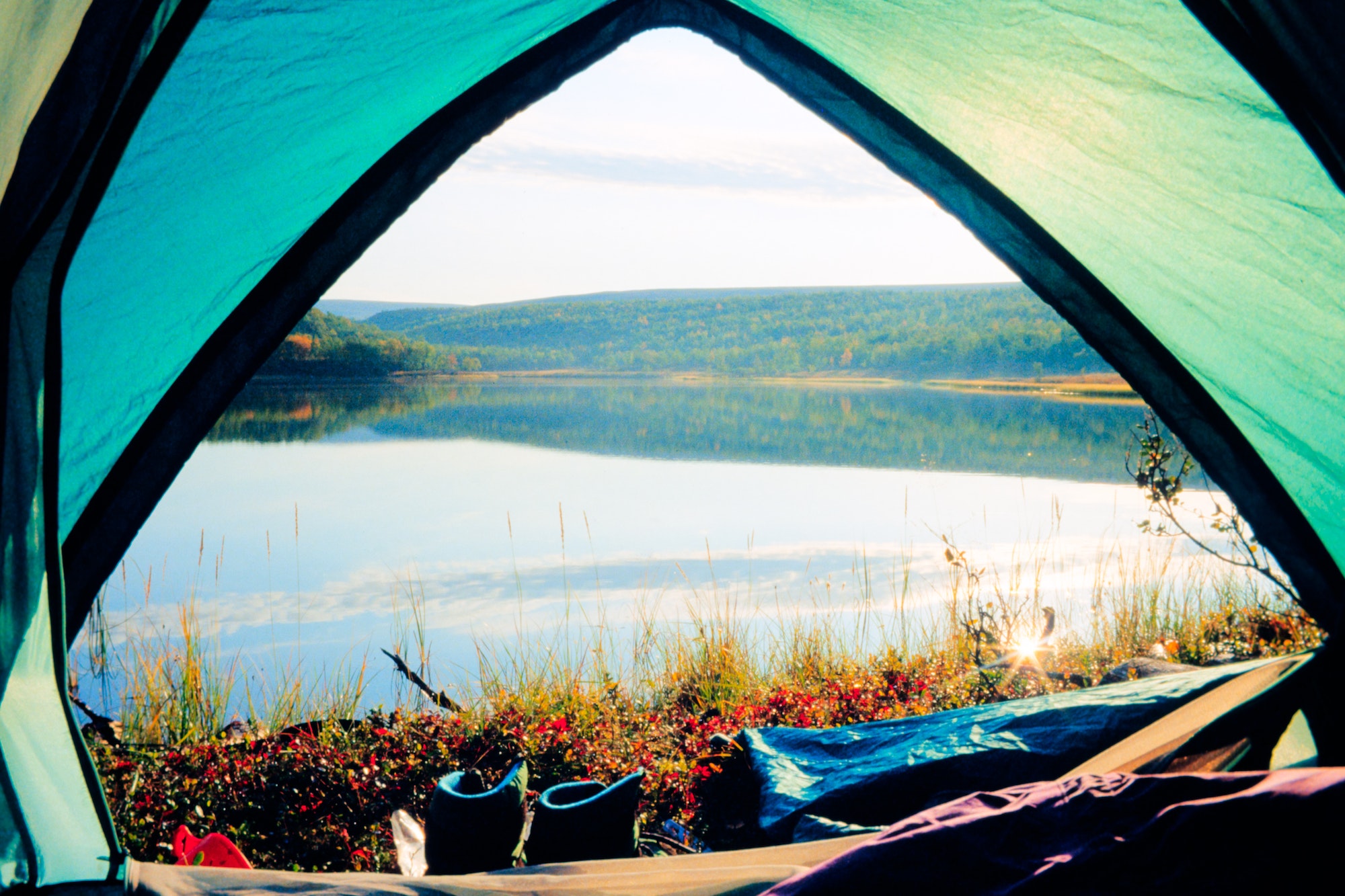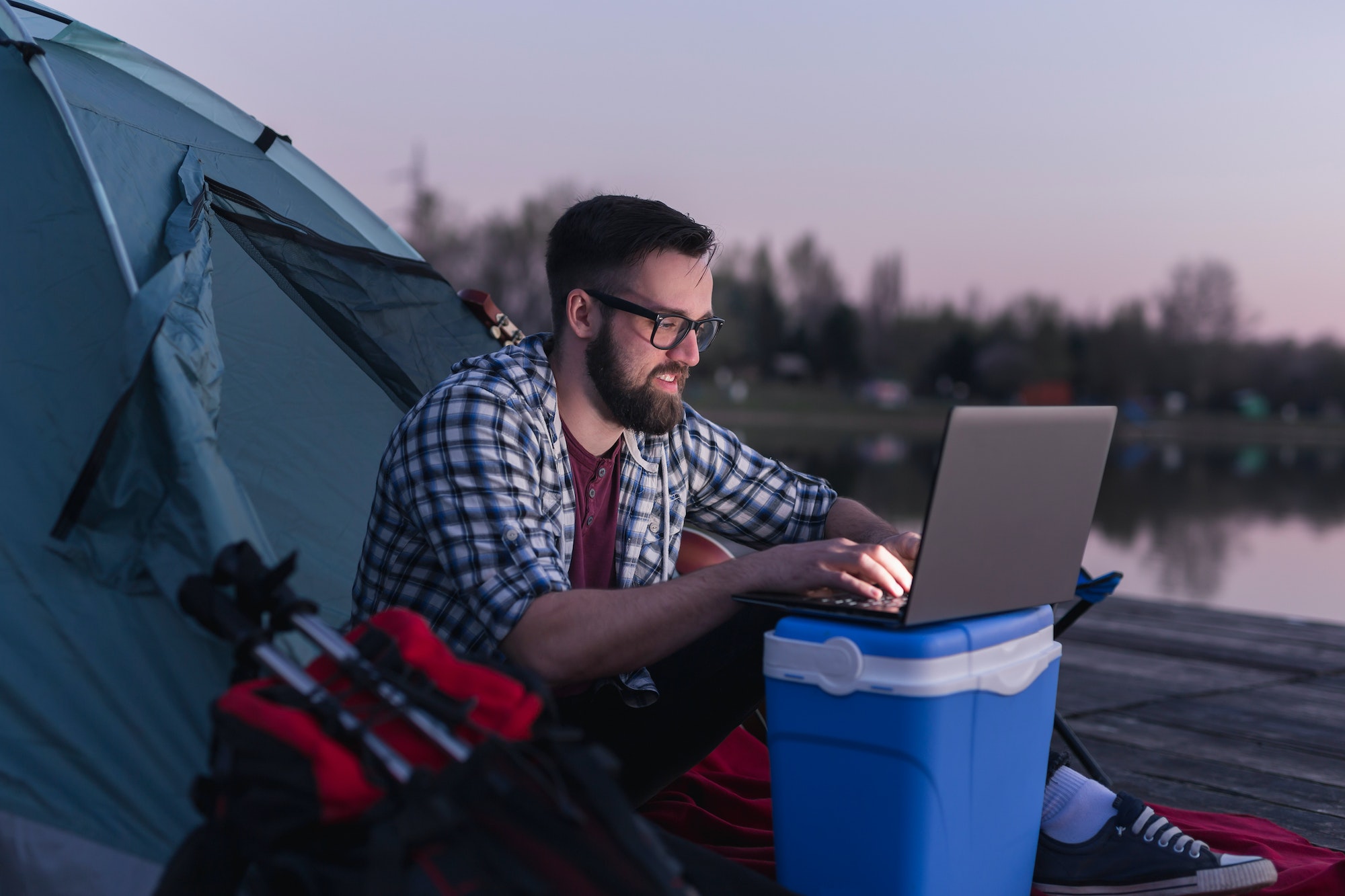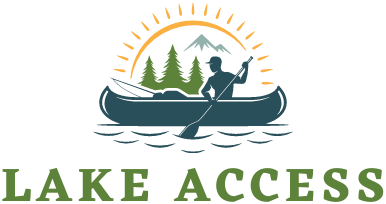Lake camping has long been a favorite pastime for many nature enthusiasts. It provides you a chance to reconnect with nature and offers plenty of activities and a serene atmosphere to enjoy. To help you decide if lake camping is suitable for you, we’ve compiled a complete list of the pros and cons of lake camping. From a better connection to nature to potential accidents, this list covers everything you need to know before setting up camp at a lake. So, whether you’re looking for a relaxing weekend getaway or an adventurous outdoor experience, read on to learn about the benefits and disadvantages of lake camping.
Pros of Lake Camping
Scenic Views
Lake camping offers some of the most stunning views of nature. Being surrounded by the lush greenery of nature and the calming waters of a lake offers an experience that cannot be replicated. Those who take part in lake camping can witness some genuinely breathtaking sunsets that can be enjoyed from the lake’s edge. The tranquil atmosphere of the lake provides a perfect backdrop that can be enjoyed from the comfort of a canoe, kayak, or paddleboard. With lake camping, campers have the opportunity to relax and unwind and enjoy the serenity of the lake and its surroundings.
Water activities
When lake camping, you have access to various water activities to keep you busy, from swimming and fishing to stand-up paddle boarding and kayaking. Depending on the campground, you may also have access to recreational activities such as horseshoe pits, a basketball court, a volleyball area, a playground, and a fishing dock. If you’re looking for a beach experience, many lakeside campsites offer beach games and toys for the kids, plus a cooler to keep your food and drinks chilled and a portable fire pit for a beachside campfire as the sun sets. Other amenities may include courtesy boat ramps, reservable boat moorages, and a Visitor Center with information on the park and local attractions.
Opportunities for wildlife viewing
When camping at a lake, there is an abundance of opportunities for wildlife viewing. The area is likely surrounded by lush greenery and diverse habitats, making it the perfect backdrop for spotting different animals. Depending on the region, campers may be able to witness a variety of birds, amphibians, fish, and other creatures. Additionally, boating, fishing, and canoeing can provide campers with a unique and engaging experience and the chance to observe wildlife in its natural environment. However, campers should be aware that some parts of the lake might be frequented by wild animals such as bears, so it is essential to be aware of the potential danger when camping.
Variety of campground options
Camping at a lake offers a variety of campground options, allowing visitors to choose the perfect spot for their camping experience. From primitive camping with few amenities, such as showers and laundry facilities, to fully-equipped campgrounds with plenty of activities, lake camping offers something for everyone. Visitors can choose from a range of activities, such as swimming, fishing, boating, and bird-watching, which can be enjoyed in the peaceful atmosphere of the lake. Additionally, lake campgrounds can be found in various settings, from forests and remote locations to popular destinations and beachfront locations. With a wide range of campground options, lake camping offers an unforgettable camping experience that can be tailored to meet the needs of any visitor.
Peace of mind
When camping on a lake, the peace of mind factor is undeniable. Being surrounded by nature and away from the hustle and bustle of everyday life can provide a much-needed escape from the pressures of life. Studies have shown that being around greenspace and unplugging from digital devices can positively affect stress and anxiety levels. Additionally, the rise in oxygen levels, higher levels of serotonin, and managed melatonin levels all lead to a feeling of relaxation and contentment. Furthermore, witnessing an awe-inspiring sunset over a lake can be an uplifting experience that can help to recharge the mind and body. All in all, camping on a lake can provide a peaceful setting for a person to escape their daily stresses and unwind.
Access to hiking trails and beaches
Lake campers have access to plenty of activities to enjoy, including hiking trails and beaches. They can take a stroll through the hiking trails, explore the natural beauty around them, take a dip in the lake, or go stand-up paddle boarding. Additionally, they can set up a beach party with a beach wagon, beach bag, sand-free beach towels, beach chairs, and beach games and toys. And don’t forget the portable fire pits for a beachside campfire as the sun sets!

Cons of Lake Camping
Crowds
Crowds can be a major disadvantage when it comes to lake camping. With the popularity of lake camping growing, many people are drawn to the same campgrounds, creating large groups of people that can be pretty overwhelming and take away from the peacefulness of the experience. Additionally, shared showers can get quite gross with too many people using them, and there is also the potential for noise pollution from other campers. There is also the issue of limited activities available at lake campgrounds compared to larger parks, meaning there may not be enough to keep everyone entertained. Finally, lake campgrounds can be booked in advance, making it difficult to find a spot on the spur of the moment.
Unexpected Weather conditions
Unexpected weather conditions can be a significant con of lake camping. Rain, wind, extreme temperatures and insects can all make the experience unpleasant, and poor weather conditions can make it difficult to set up camp or enjoy recreational activities. Additionally, the unpredictability of the weather can make it difficult to plan a camping trip, as it can be difficult to predict weather conditions.
Mosquitoes and other pests
When camping near a lake, a variety of mosquitoes and other pests can be found. These include wasps, flies, ants, spiders, ticks, and other small insects. Mosquitoes are the most common pest, and they are attracted to standing water, making them especially present around lakes. Some mosquitoes may potentially spread diseases, so taking precautions and wearing insect repellent when camping near a lake is essential. Other pests, such as flies and ants, may also be present at a lake campground, although they are generally more of an annoyance than a health risk. Ticks may also be present and can transmit diseases, so it is essential to be aware of them and take preventative measures.
Risk of Wildfires
One of the major risks of lake camping is the potential for wildfires. Especially if there had not been too much rain over many weeks, the chances for wildfires might increase. This could be dangerous for campers and may lead to restrictions on campfires, thus reducing the overall camping experience. Furthermore, lack of amenities, limited activities, poor weather conditions, and wildlife can also be potential risks when camping near a lake.
Limited amenities
Amenities available at lake camping include fishing, boating, swimming, and other recreational activities, although many campgrounds lack the variety of activities found at larger parks. Due to the limited facilities, primitive camping is usually the norm. While basic amenities such as bathrooms and showers may be available, many lake campgrounds lack laundry facilities and playgrounds.
Cost
Camping at a lake can be a great eco-friendly vacation option but also quite expensive. Some lake campgrounds are equipped with many amenities such as electricity, water, showers, and recreational facilities, all of which can add to the cost of your stay. Additionally, reservations must be made far in advance to secure a spot, and state park camping can also be expensive. This can make lake camping a pricey vacation option and is a critical con to consider when deciding on your destination.

FAQ
What amenities are available at a lake campsite?
You can typically find amenities at lake campsites such as Class A sites with water, sewer, and electricity, Class B sites with water and electricity, and Class C (primitive) sites. Additionally, many lake campsites offer horseshoe pits, basketball courts, volleyball areas, playgrounds, courtesy boat ramps, reservable boat moorages, fishing docks, visitor centers, ice, soft drinks, firewood, souvenirs, and educational toys. However, some lake campgrounds offer only primitive camping and lack the amenities found at other campgrounds, such as showers, laundry facilities, and playgrounds.
Are there any restrictions on setting up a campsite near a lake?
Yes, there are restrictions on setting up a campsite near a lake. For example, the US Forest Service managers of the BWCAW have successfully operated more than 2,000 designated campsites for more than four decades in northern Minnesota, and the Alpine Lakes Wilderness in Washington restricts camping to designated campsites within .5 mile (800 m) of lakes. The Desolation Wilderness in California restricts camping to designated campsites within 500 feet of four particularly popular lakes, and visitors are asked to camp within 30 feet (9 m) of camping posts. Designated site camping offers a substantially more flexible and effective option for land managers in popular areas to limit campsite numbers and the areal extent of the impact.
What vegetation should I be aware of when camping near a lake?
When camping near a lake, you should know two types of vegetation: sun-loving grasses and sedges and shade-tolerant herbs. Sun-loving grasses and sedges are resilient to low to moderate levels of trampling and can survive in sunny settings. In contrast, shade-tolerant herbs are quickly lost on forested campsites. These plants are essential in preventing soil erosion, and their loss exposes organic and mineral soils to rainfall and erosion.
What safety precautions should I take when camping near a lake?
When camping near a lake, it’s essential to take safety precautions to ensure a safe and enjoyable experience. Always plan and lather on sunscreen from head to toe with at least SPF 30 before heading out onto the lake. UV rays can penetrate the water, so constantly reapply sunscreen often. Wear outdoor apparel with built-in UPF 50+ sun protective clothing for added protection. Additionally, protect your noggin and peepers by wearing a hat and sunglasses with 100 percent UV protection. To protect yourself from bugs, use bug spray with DEET, treat your clothing with permethrin, use a Thermacell, and set up a screened room. Also, check the weather forecast beforehand and be aware of potential hazards, such as dangerous wildlife. Remember to bring the necessary supplies and ensure the campground has amenities. Also, be aware of the campground’s rules and regulations, and follow them to ensure a safe and enjoyable experience.
Are there any common hazards associated with lake camping?
Yes, there are a few potential hazards to be aware of when lake camping. These include a lack of amenities, limited activities, poor weather conditions, wildlife, crowds, mosquitoes, and other insects. It is critical to take safety precautions such as packing the essentials, researching the area, and wearing appropriate clothing and sunscreen to ensure a safe and enjoyable experience. Additionally, in some countries and regions, you may have to watch out for wild animals, so informing yourself about the potential dangers before embarking on your camping trip is essential.
Are there any activities available when camping near a lake?
Yes, there are plenty of activities available when camping near a lake. You can swim, fish, canoe, kayak, stand-up paddle board, or hike along the trails. Many campgrounds have a basketball court, playground, or other sports equipment if you’re looking for an on-land activity. You can also set up a beach party with a beach wagon and beach bag for carrying essentials, sand-free beach towels for lounging, beach chairs for cooling off, and beach games and toys for the kids. Additionally, you can bring a cooler for drinks and snacks and a portable fire pit for a campfire as the sun sets. So, there is something for everyone when camping near a lake!

